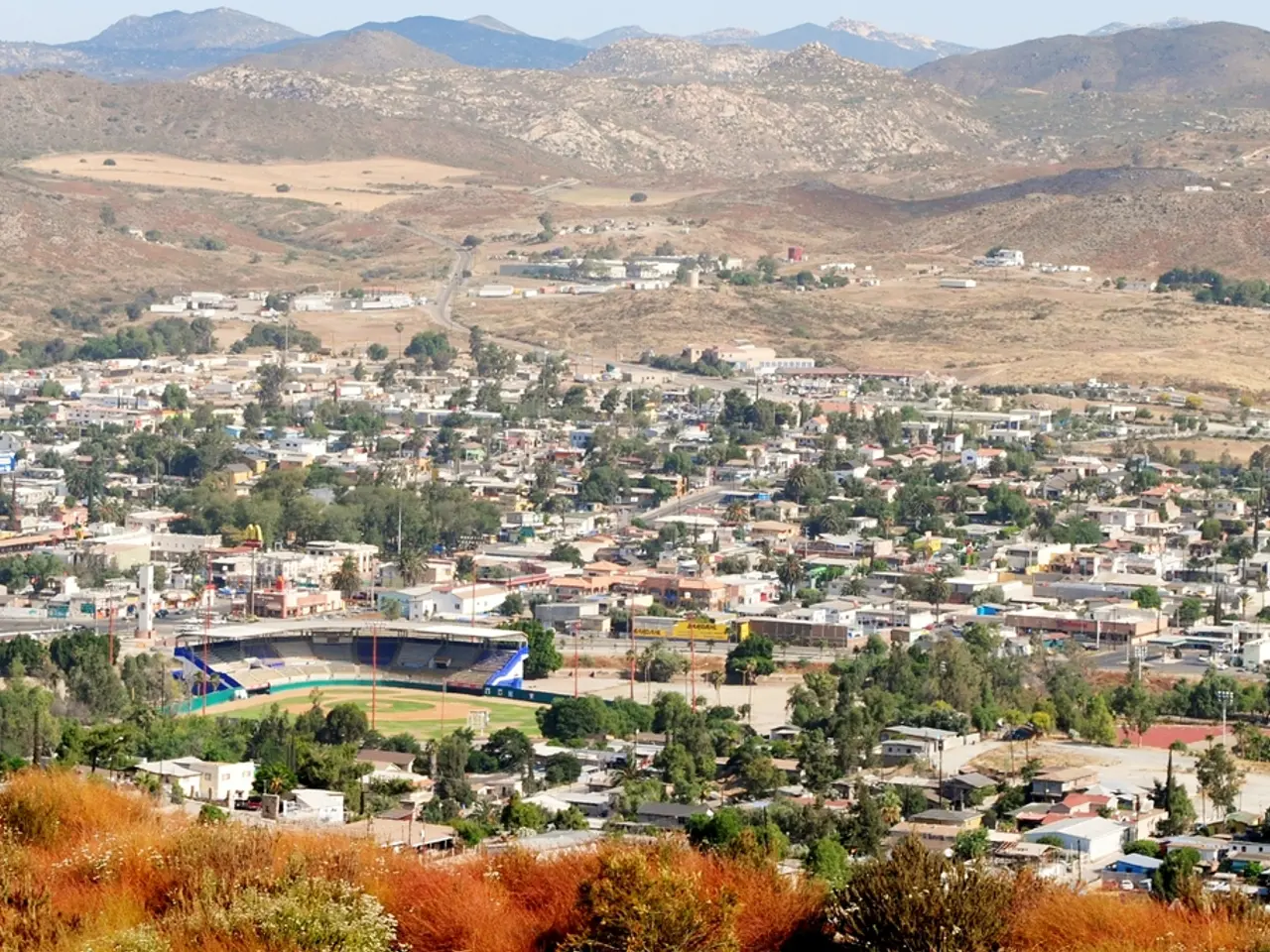Environmental organizations express dismay over Newsom's restructuring of the California Environmental Quality Act (CEQA)
California Governor Gavin Newsom has signed into law two bills, Assembly Bill 130 (AB 130) and Senate Bill 131 (SB 131), that will significantly reform the state's environmental review process under the California Environmental Quality Act (CEQA). The legislation, which passed in June 2025, aims to accelerate housing development and infrastructure projects while maintaining environmental protections.
The reforms have sparked fierce backlash from environmental groups, who argue that they mark a sweeping reversal of essential protections for the state's most vulnerable landscapes, wildlife, and communities. Critics warn that the bills could undermine transparency, public engagement, and safeguards for ecosystems, scenic vistas, waterways, and community health.
AB 130 exempts most infill housing development—housing projects in already developed urban areas—from CEQA review. This change removes a major regulatory hurdle that previously delayed or halted housing projects, especially affordable and sustainable housing, by requiring cumbersome environmental impact reports. SB 131 complements AB 130 by requiring the state to map urban infill sites statewide by 2027, helping identify where new housing can be built more easily. It also broadens CEQA exemptions to include various projects that support housing and infrastructure, such as farmworker housing and food banks.
The bills also exempt a wide range of projects from CEQA review beyond housing, including advanced manufacturing in industrial zones, high-speed rail segments, wildfire mitigation efforts, clean water projects, broadband, and parks. This expansion of exemptions has drawn strong criticism from environmental and environmental justice groups, who argue that weakening CEQA poses a significant risk to public health and the environment.
However, proponents argue that the reforms will still support climate action and equity by streamlining processes for projects aligned with state goals, and that existing protections remain intact where they matter most. SB 131 introduces procedural reforms such as raising the standard for relevancy in CEQA lawsuits, which aims to reduce delays caused by "gotcha" legal tactics. It also streamlines review for projects narrowly missing exemptions and removes duplicated CEQA requirements for rezonings linked to approved housing elements, further accelerating development.
Environmental groups are urging legislators to enact "clean-up legislation" in the weeks ahead to clarify, correct, and address their myriad concerns. Raquel Mason, senior legislative manager with the California Environmental Justice Alliance, expressed concern that the new rules could disproportionately burden low-income communities, communities of color, and other groups historically burdened by pollution and environmental harms. Opponents of SB 131 argue that it will undo decades of environmental protections, posing a significant risk to public health and the environment.
The governor's strategy to hinge the state budget deal on the bills was rare, a political tactic sometimes referred to as a "poison pill." The legislation was passed without public input, sending a message that the health, safety, and right to participate in decisions that impact lives are disposable, according to Mason. The Senate bill was introduced on Friday and passed on Monday, allowing little time for input or amendments.
Frances Tinney, an attorney with the Center for Biological Diversity, stated that exempting a broad swath of development with no consideration of habitat for imperiled species will decimate the state's natural heritage and unique biodiversity. The bills have been opposed by some, including the Sierra Club California, due to concerns about exemptions for advanced manufacturing facilities, which could allow high-risk hazardous material facilities to be permitted in vulnerable communities without any environmental review.
In summary, AB 130 and SB 131 represent a broad overhaul of CEQA to prioritize expedited housing and infrastructure development by exempting many projects from environmental review. While supporters emphasize the necessity of these reforms to address California's housing crisis and promote equitable, climate-aligned growth, environmental groups warn of significant risks to environmental protections and public accountability.
- California Governor Gavin Newsom has signed into law two bills, AB 130 and SB 131, that aim to accelerate housing development and infrastructure projects in California while maintaining environmental protections.
- AB 130 exempts most infill housing development from CEQA review, removing a major regulatory hurdle that previously delayed or halted housing projects.
- SB 131 requires the state to map urban infill sites statewide by 2027, helps identify where new housing can be built more easily, and broadens CEQA exemptions to include various projects that support housing and infrastructure.
- The bills have sparked fierce backlash from environmental groups, who argue that they mark a sweeping reversal of essential protections for the state's most vulnerable landscapes, wildlife, and communities.
- Critics warn that the bills could undermine transparency, public engagement, and safeguards for ecosystems, scenic vistas, waterways, and community health.
- Environmental groups are urging legislators to enact "clean-up legislation" to clarify, correct, and address their myriad concerns, including concerns about disproportionate impacts on low-income communities and communities of color.
- Opponents of SB 131 argue that it will undo decades of environmental protections, posing a significant risk to public health and the environment, and that exempting a broad swath of development with no consideration of habitat for imperiled species will decimate the state's natural heritage and unique biodiversity.







